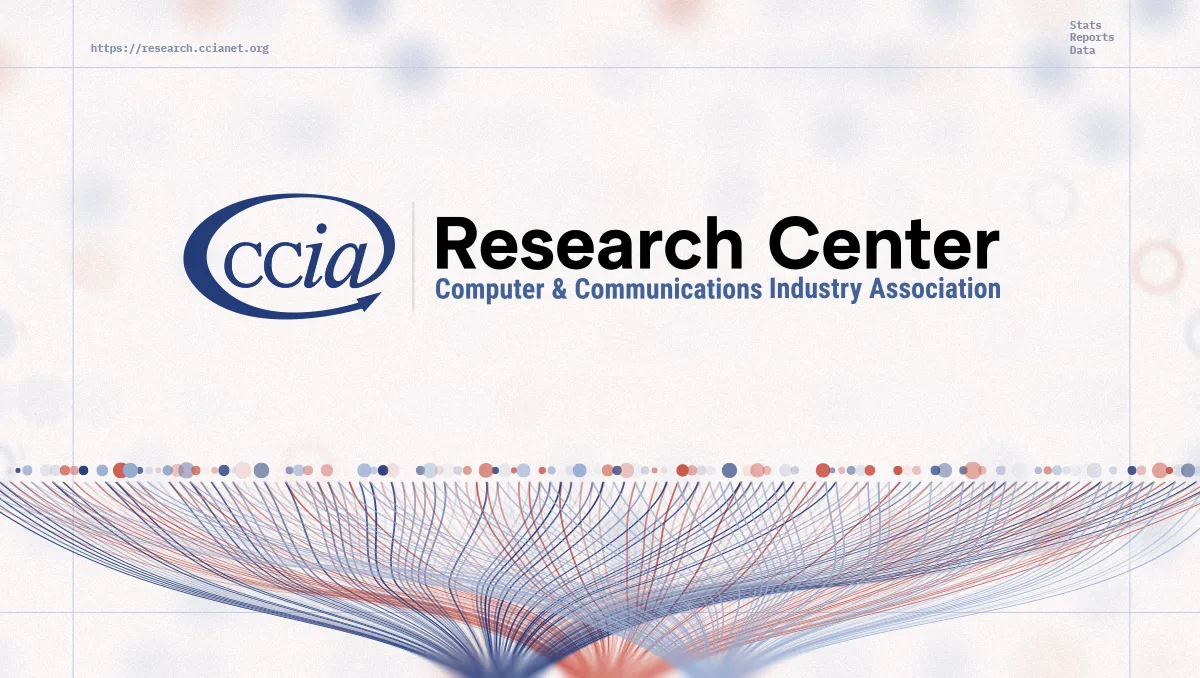Own It: Innovation and Jobs on the Line in Kirtsaeng v. Wiley at SCOTUS Monday
Here in DC, coalitions are a common tool to fight or pass legislation. It’s all about strength in numbers. (Plus, the media loves “strange bedfellows” stories about broad coalitions—just do a search for “strange bedfellows” and SOPA.) CCIA is a founding member of two coalitions that launched this week. Yesterday I blogged on the launch of the Internet Radio Fairness Coalition, which has organized around the Internet Radio Fairness Act. On Tuesday, the Owners’ Rights Initiative (ORI) was launched to spread awareness about the importance of the first-sale doctrine in the wake of the Kirtsaeng v. Wiley case, which is being argued at the Supreme Court (SCOTUS) this Monday, October 29. (CCIA is also on an amicus brief [PDF] in this case.) The first-sale doctrine permits property owners to resell goods without having to worry about getting permission from or re-compensating the copyright holder. First-sale is an essential right for sellers and buyers in a variety of environments and platforms—historically for things like used bookstores and libraries, and now particularly for online retailers and e-commerce platforms. Preserving this doctrine is essential to assure the vitality of available and emerging markets over the Internet.
Internet actors that rely on the first-sale doctrine include established companies like eBay, Craigslist, and Amazon, intermediary services who help facilitate online transactions between sellers and resellers of goods. Not only would their business and their customers be threatened by an adverse outcome in this case (or subsequent legislation), but so would “the next” eBay, Craigslist, or Amazon—startups that could potentially be competitors and alternatives to these sites may be deterred from innovating if there are regulatory barriers to entering these markets. (Side note: Copyright still limits the breadth of markets for resale of digital content, however, since most digital content is not sold, but licensed. Thus, these digital-based markets focus largely on reselling tangible goods.)
Another reason this case is relevant to DisCo is because it illustrates the recurring theme of incumbents using the courts and legislation to protect current business models rather than legitimate competition and innovation. As Techdirt noted about some amici’s opinions in this case:
What the RIAA and MPAA are attempting to do here is to take away the public’s right to resell what they’ve legally purchased, because it might interfere with one aspect of their preferred business model. Of course, what this really comes down to is that the RIAA and MPAA absolutely hate the idea that they might have to compete in a global market.
The opinion of the Second Circuit in Kirtsaeng had concluded:
that the District Court correctly decided that Kirtsaeng could not avail himself of the first sale doctrine codified by § 109(a) since all the books in question were manufactured outside of the United States. In sum, we hold that the phrase “lawfully made under this Title” in § 109(a) refers specifically and exclusively to works that are made in territories in which the Copyright Act is law, and not to foreign-manufactured works.
Judge Murtha’s dissent in that case disagrees about that court’s interpretation of copyright law:
The statutory text does not refer to a place of manufacture: It focuses on whether a particular copy was manufactured lawfully under title 17 of the United States Code. 17 U.S.C. § 109(a). The United States law of copyrights is contained in title 17. Accordingly, the lawfulness of the manufacture of a particular copy should be judged by U.S. copyright law. A U.S. copyright owner may make her own copies or authorize another to do so. 17 U.S.C. § 106(1). Thus, regardless of place of manufacture, a copy authorized by the U.S. rightsholder is lawful under U.S. copyright law. Here, Wiley, the U.S. copyright holder, authorized its subsidiary to manufacture the copies abroad, which were purchased and then imported into the United States.
Murtha’s dissent also made important points on the policy concerns of the majority’s opinion:
Economic justifications also support applicability of the first sale doctrine to foreign made copies. Granting a copyright holder unlimited power to control all commercial activities involving copies of her work would create high transaction costs and lead to uncertainty in the secondary market. An owner first would have to determine the origin of the copy — either domestic or foreign — before she could sell it. If it were foreign made and the first sale doctrine does not apply to such copies, she would need to receive permission from the copyright holder. Such a result would provide greater copyright protection to copies manufactured abroad than those manufactured domestically: Once a domestic copy has been sold, no matter where the sale occurred, the copyright holder’s right to control its distribution is exhausted. I do not believe Congress intended to provide an incentive for U.S. copyright holders to manufacture copies of their work abroad.
(Emphasis added on that last sentence, because it’s a key takeaway from this case.) If Wiley wins this case, it will be SCOTUS interpreting the copyright statute to say that Congress intended to ship jobs overseas. If the first-sale doctrine does not apply to goods not made in the U.S., publishers will export jobs to jurisdictions where they will receive this more expansive copyright protection. It seems doubtful that Congress intended to affirmatively disadvantage companies for creating American jobs.
But as Marvin Ammori pointed out in a great article a few months ago, this case isn’t just about books and things we commonly assume are protected by copyright. The Kirtsaeng predecessor was Costco v. Omega, which dealt with importation of watches which happen to have a copyrighted logo on them. Ammori points out that an adverse outcome would be bad for all online commerce, concluding:
Ultimately the Court must choose between bringing copyright law into the Internet age or consigning us all to the dark ages. I hope they choose wisely.
While the oral argument on Monday is worth being aware of, it will be some time before we know SCOTUS’s opinion, and then whether there will be action in Congress. CCIA President and CEO Ed Black had a column on the ORI and Kirtsaeng the other day, where he explained the issues in the case, and how this is likely to lead to legislation, however the case comes out:
Regardless of the Court’s decision, people’s property rights are under attack and in need of protection. A victory for copyright extremists in the Kirtsaeng case would require us to pass legislation to restore the first sale doctrine and protect subsequent buyers owners’ rights. A victory for owners’ rights will likely cause the extremist losers to marshal their massive lobbying resources to overturn the decision in Congress.
In the meantime, to stay informed and make your voice heard, there are several campaigns and petitions you can get involved with: Citizens for Ownership Rights and You’ve Been Owned.








